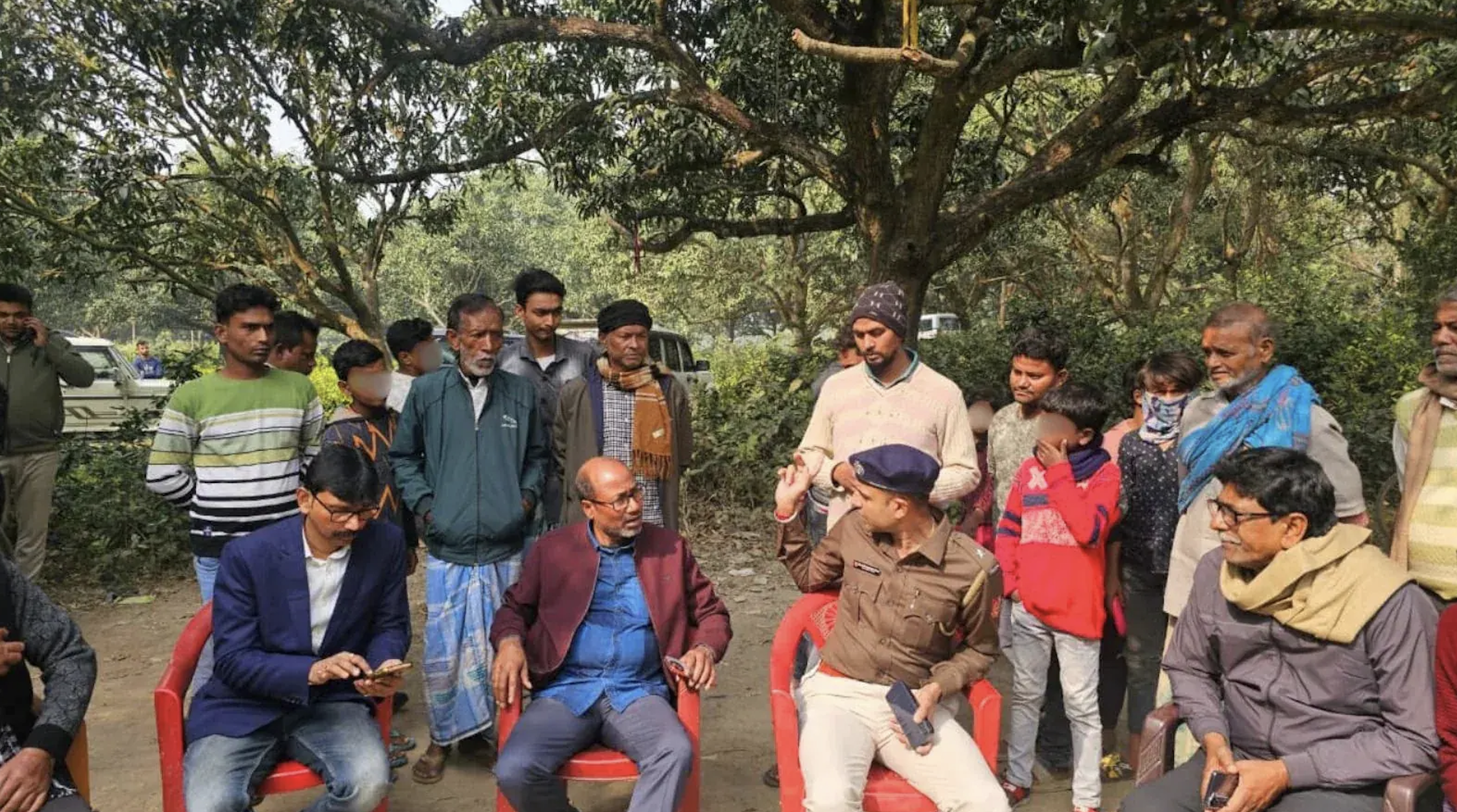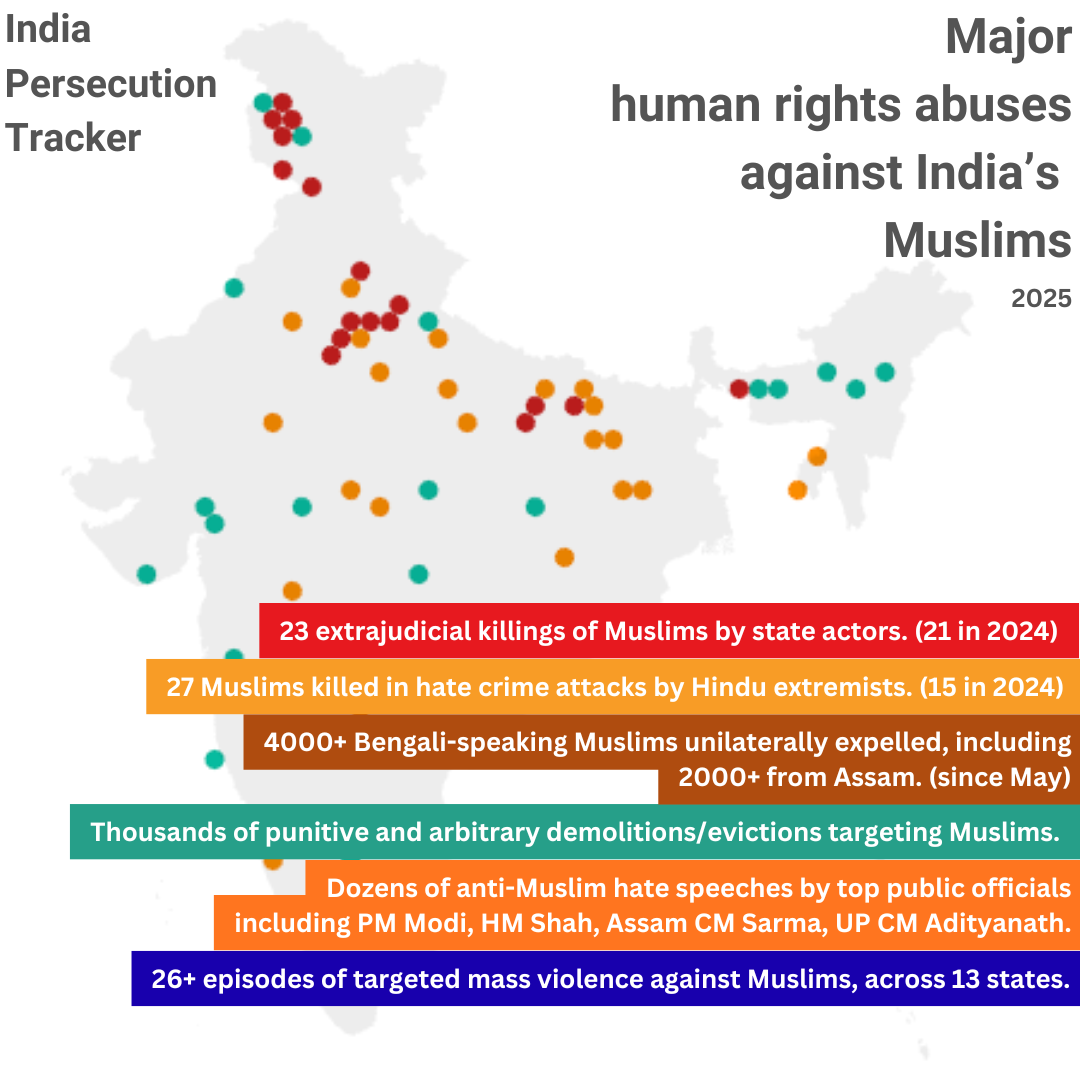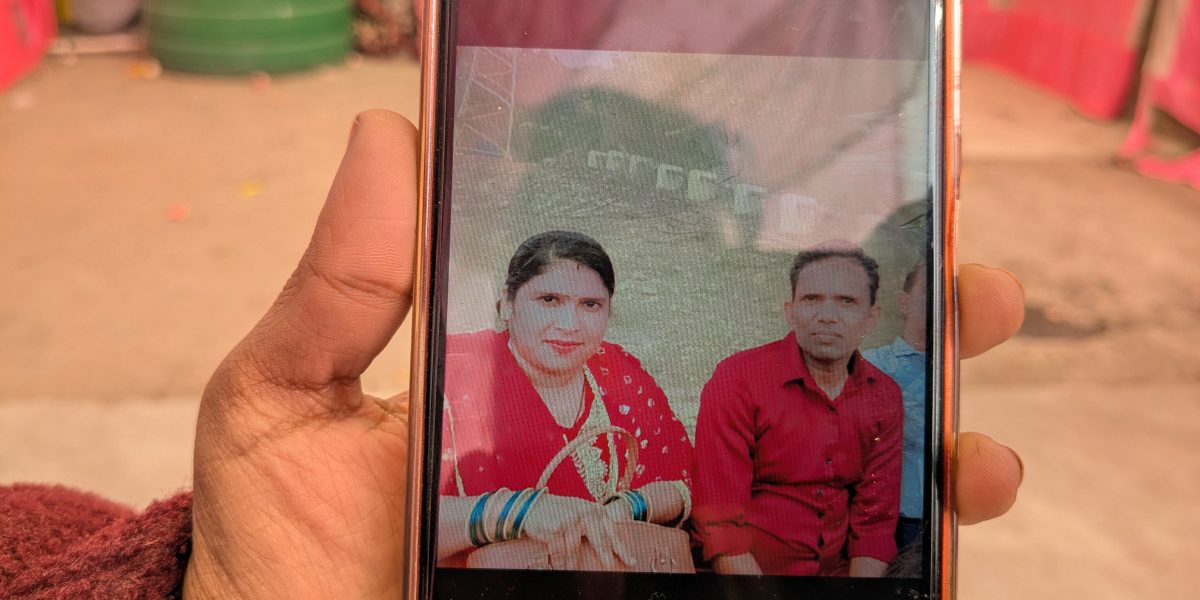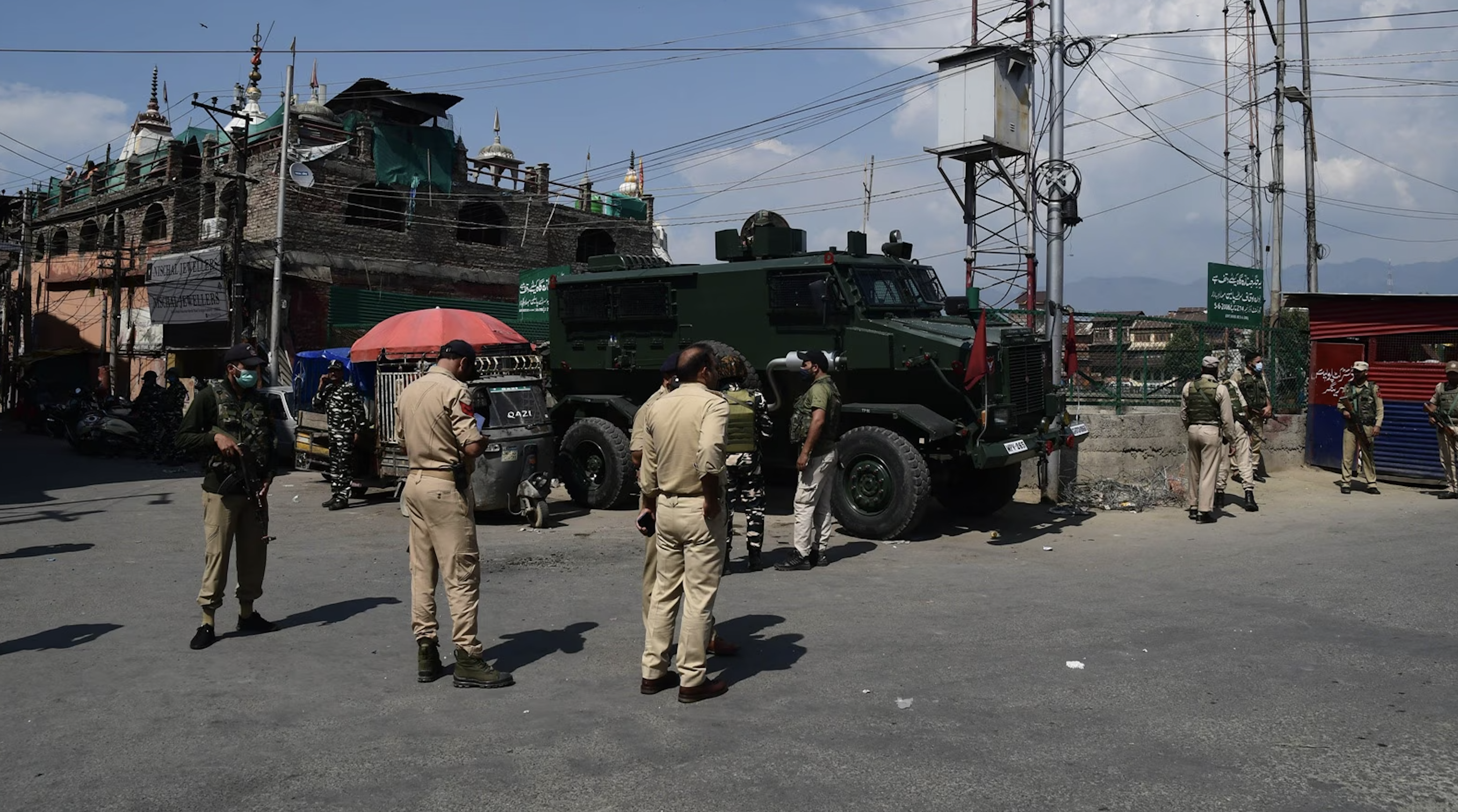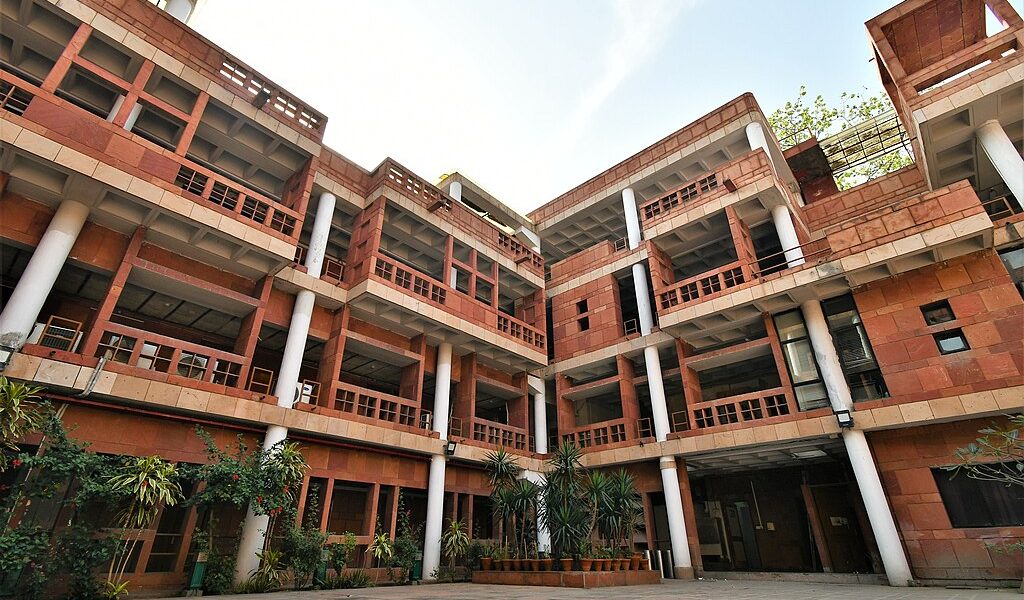
The Indian History Congress has released a strong statement against the new module by the National Council for Education, Research and Training (NCERT) which holds the Congress as responsible as the Muslim League for India’s Partition.
Eminent historians have said that such a conclusion not only distorts actual events of India’s freedom struggle but also corrupts young minds by feeding them a polarising history full of “falsehoods” designed with a “clear communal intent”.
Here’s the full statement:
The Indian History Congress strongly protests the falsehoods, with a clear communal intent, being spread among middle and secondary level school children by bringing out a Special Module on Partition Horrors Remembrance Day by the NCERT and Ministry of Education, Government of India. Turning history completely upside down, the modules hold not only the Muslim League but also the Indian National Congress responsible for the Partition of the country. Quite in tune with the loyalist stance of the communal forces during the freedom struggle, the British colonial rulers are given a clean chit in these modules.
“The British government tried their best to preserve India as one until the end”. The 1942 Cripps Mission and the 1946 Cabinet
Mission Plan, which actually had the idea of Pakistan embedded in them, are wrongly cited as proof of the British trying to leave a united India and the Congress is blamed for not accepting them and in the latter case pushing Jinnah towards ‘direct action’ and the Calcutta killings in August 1946! The “Culprits of partition” are three “Jinnah who demanded it, second the Congress, which accepted it” and it was only “formalized and implemented” by Mountbatten, “he was not the cause of it”.
The reality is very different from what the modules argue. The partition of India was the result of a long-term strategy of the British pursued since the 19 century of divide and rule, particularly after the revolt of 1857, which Hindus and Muslims fought together, shoulder to shoulder. The result of this long-term, nearly a century long effort at divide and rule had to be ‘divide and quit’, i.e., the partition. It could not be what some British strategist briefly flirted with in the end, the notion of ‘unite and quit’, a notion selectively picked up by the NCERT modules.
Among the various strategies in the British armoury to divide and rule was the bringing in of the notion of separate electorates based on religion and their promoting religion based communal political organisations. The formation of the Muslim League was a ‘command performance’. A benevolent attitude was taken towards other communal organisations be they Hindu or Sikh, while targeting the Indian nationalists led by the Indian National Congress. Finally, Indian history was rewritten showing Indian society as historically always divided on the basis of religion and the British coming in to save India from religious strife and persecution under Muslim rule.
The communal parties aided the British by acting as the bulwark against the rising Indian national movement. The British colonial interpretation of Indian society was adopted and popularized by the communalists. The NCERT modules reflect the same
colonial/communal bias. The Indian National Congress leaders are criticised for “whitewash(ing)” history “in an effort to strengthen the nationalist movement”.They are accused of making “emotional appeals”, presumably for Hindu-Muslim unity, and “limiting their discourse to a binary of ‘native vs. foreign’ ”. They are (in true loyalist mode) accused of “blaming the British rulers for every problem, including communalism.” The nationalist leaders are accused of “consistently overlook(ing) the historical realities of Hindu Muslim relations”. The colonial argument of Hindus and Muslims being always in conflict is invoked and the effort is to target not the British but the Muslims, in keeping with the current regime’s efforts at promoting islamophobia. As was done by the Hindu Communal forces during the freedom struggle, including during the Quit India Movement, the argument that it is the Muslims, and not the British colonial rulers, who are the real enemy is propounded. What is highlighted is the so called “ideology of political Islam, which denies the possibility of any permanent or equal relationship with non-Muslims. This principle has been consistently applied in various parts of the world for centuries and can still be seen today.”
This story was originally published in thewire.in. Read the full story here.


